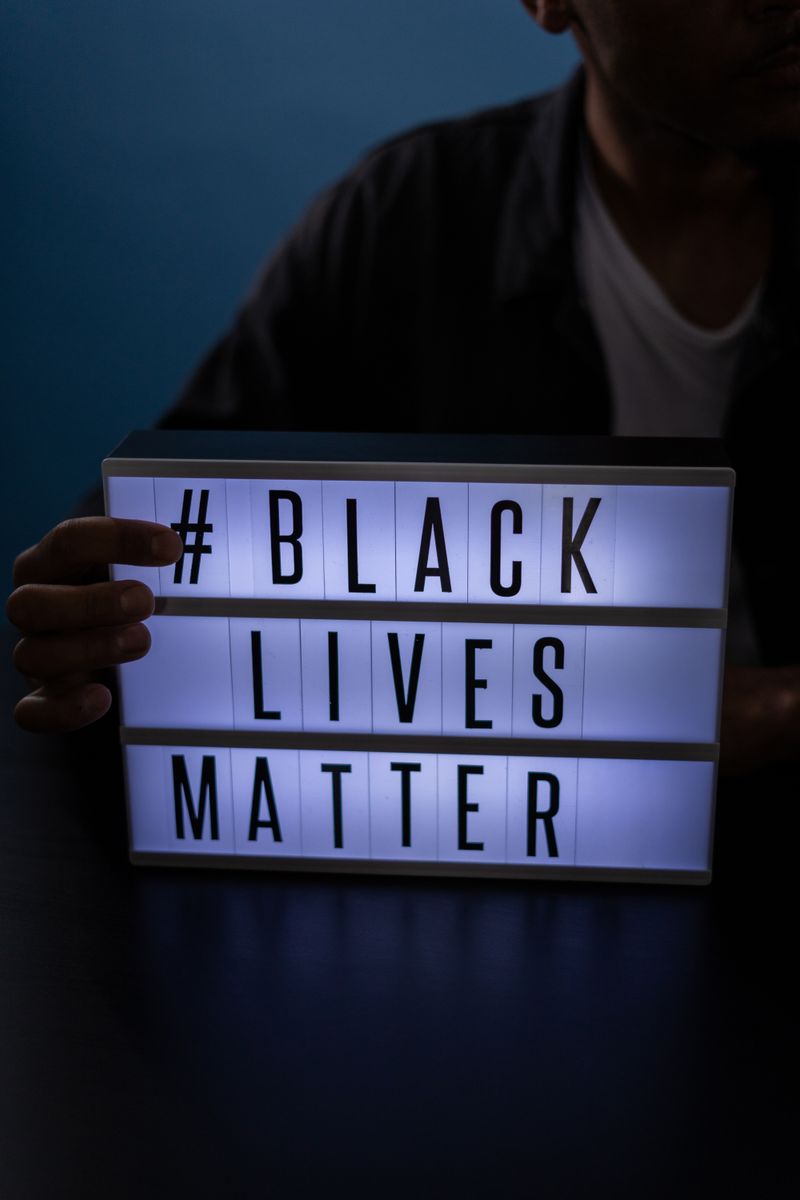Argentina Seeks Arrest of 4 Lebanese Suspects in 1994 Bombing of AMIA Jewish Center
Introduction
Argentina has recently sought an international arrest warrant for four Lebanese citizens suspected of involvement in the 1994 bombing of the AMIA Jewish center in Buenos Aires. This devastating attack, allegedly carried out by Hezbollah terrorists funded by Iran, killed 85 people and injured hundreds. The suspects are believed to be “employees or operational agents” of Hezbollah, an Iranian proxy. The Argentine judge granted the prosecutor’s request to seek the warrant from Interpol based on reasonable suspicion.
The AMIA Jewish Center Bombing
The bombing of the AMIA Jewish center in Buenos Aires on July 18, 1994, remains one of Argentina‘s deadliest-ever attacks. A van packed with explosives crashed into the building, killing 85 people and injuring hundreds. This tragic event came just two years after a bombing of the Israeli embassy in Buenos Aires, which killed 29 and wounded 200.
The responsibility for these attacks has long been attributed to Iran and its proxy, Hezbollah. However, no one has ever been brought to justice for these acts of terror. Iran has consistently denied any involvement, and there have been allegations of Iranian diplomats in Buenos Aires aiding the operations.
The Quest for Justice
Argentine Jewish prosecutor Alberto Nisman, who dedicated his efforts to investigate these attacks, found evidence linking six Iranians and one Lebanese to the bombings. Since 2007, they have been on Interpol’s most-wanted list. However, Nisman’s pursuit of justice was cut short when he was found dead under mysterious circumstances in 2015, just hours before he was scheduled to present evidence against then-President Cristina Kirchner. Kirchner was accused of ignoring and covering up Iran’s involvement in the bombings but was absolved of charges last year.
Attempts to bring the suspects to justice have been hindered by political complications and diplomatic maneuvers. In 2013, Kirchner’s administration signed a deal with Iran to establish a Tehran-based joint commission to investigate the attacks. This agreement was seen as a setback to the efforts of Argentine authorities to prosecute the Iranian officials suspected of involvement.
The Ongoing Struggle for Accountability
The recent move by Argentina to seek the arrest of the four Lebanese suspects is a significant development in the quest for justice. It shows the commitment of the Argentine authorities to bring those responsible for the bombings to trial. However, it is essential to recognize the challenges that lie ahead.
Argentina‘s request for international arrest warrants demonstrates the country’s determination to hold individuals accountable for their actions. It also sends a strong message that terrorist acts committed years ago will not be forgotten or ignored. The arrest warrants further underscore the importance of global cooperation in the fight against terrorism.
Philosophical Discussion
The pursuit of justice for past atrocities raises philosophical questions about the nature of accountability, memory, and human rights. How do societies and individuals grapple with the long-term consequences of violence and seek to reconcile the past?
The AMIA bombing highlights the complex relationship between state-sponsored terrorism, political maneuvering, and the struggle for justice. It reveals the challenges faced by governments in balancing diplomatic relationships while ensuring accountability for acts of terror.
Editorial
The recent developments in Argentina‘s pursuit of justice for the 1994 AMIA bombing are commendable. The decision to seek international arrest warrants for the suspects sends a powerful message that terrorism will not go unpunished, no matter how much time has passed. It also reflects the determination of Argentine authorities to hold individuals accountable for their actions, regardless of political considerations.
However, it is crucial for Argentina to continue its efforts to bring the suspects to trial and ensure a fair judicial process. The pursuit of justice must be carried out in a manner that upholds the principles of the rule of law, fairness, and transparency.
Advice
As Argentina moves forward in its quest for justice, it is vital for the international community to support its efforts. Countries should collaborate with Argentine authorities in apprehending the suspects and ensuring a fair trial.
Moreover, this case serves as a reminder that the fight against terrorism requires sustained global cooperation. Countries must work together to dismantle terrorist networks, disrupt their financing, and hold individuals accountable for their actions. The international community should continue to strengthen mechanisms for cooperation, such as Interpol, to facilitate the apprehension and prosecution of individuals involved in acts of terrorism.
Lastly, it is essential for society to remember the victims and their families while seeking justice. Acknowledging the pain and loss they have endured gives meaning to the pursuit of accountability and underscores the importance of preventing such acts of violence in the future.

<< photo by cottonbro studio >>
The image is for illustrative purposes only and does not depict the actual situation.
You might want to read !
- The CONCACAF Nations League: A Rivalry Renewed – USMNT vs Mexico, Canada vs ????? – What’s Next?
- Thrilling Showdown: USMNT Battles for Glory in Concacaf Nations League Semifinal
- Oliver Steele Comes to Katy Perry’s Defense Once Again: Deconstructing the Criticism
- Craig Carton’s Departure from WFAN Marks New Chapter with FS1 Morning Show
- “Adipurush Telugu Movie Review: Unveiling the Epic Battle of Good and Evil”
- The title of the article: “Denver Nuggets March to Glory: Celebrating their First NBA Title with a Triumphal Parade”
- The Unabomber’s death prompts reflection on his radical ideology and its resonances today
- The geopolitics of Chinese support for Serbia during renewed Kosovo clashes
- “Oppenheimer” Trailer Drops: Nolan’s Latest Epic Explores J. Robert Oppenheimer’s Role in Atomic Bomb Development, Featuring a New Take on Albert Einstein
- Assessing the Legacy of Silvio Berlusconi: Italy’s Enigmatic Former Prime Minister has Passed Away at 86
- The polarizing legacy of Silvio Berlusconi, Italy’s former prime minister
- Remembering Silvio Berlusconi: His Legacy and Impact on Italian Politics




